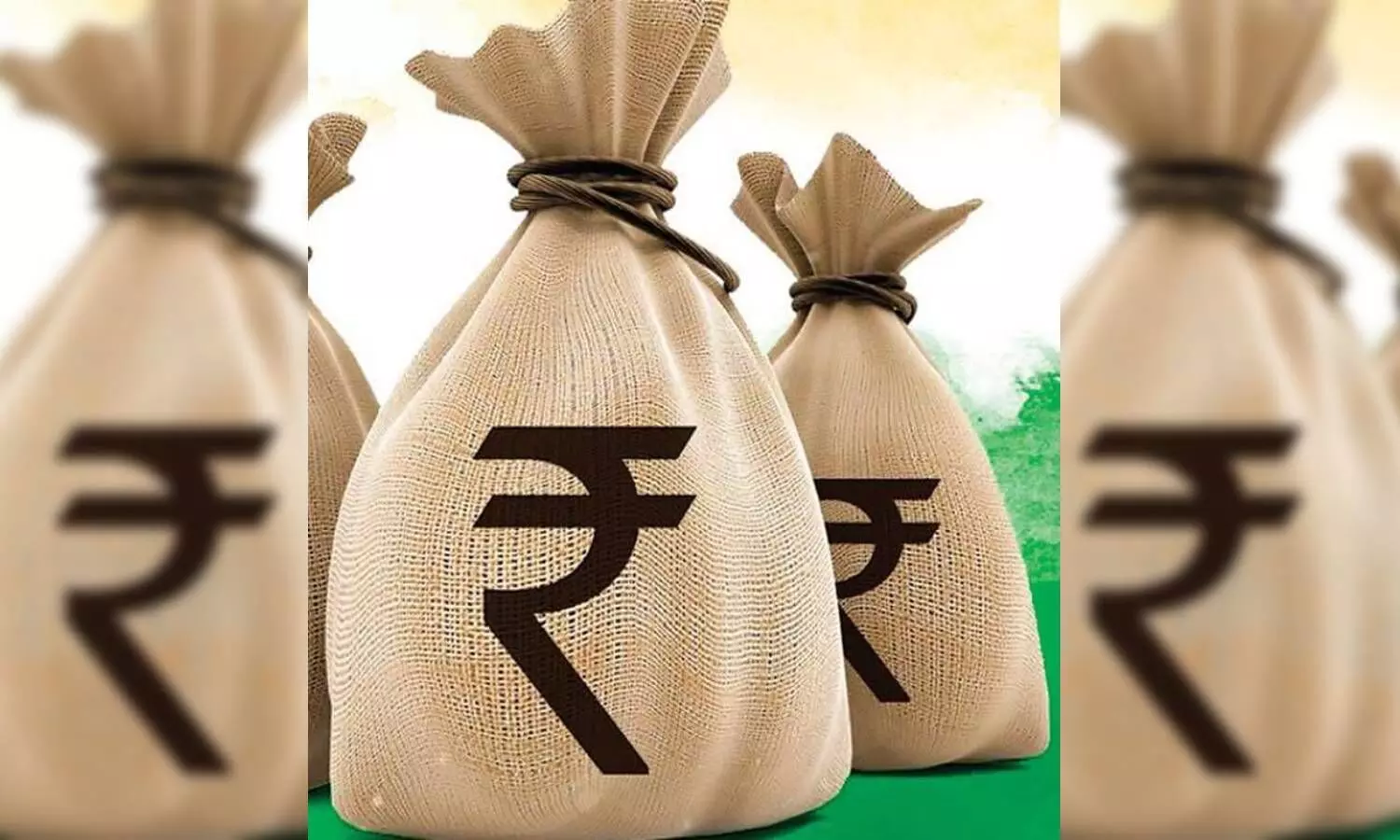Election funds: Hyderabad raised Rs 126 Cr through electoral bonds in Jan-March 2022
According to the finance ministry, more than 95% of the individual bonds were worth Rs. 1 crore each, the highest denomination available under the scheme. Most of these were issued at SBI's Mumbai main branch (Rs. 485 crore) followed by Chennai (Rs. 227 crore), and Kolkata (Rs. 134 crore). A total of Rs. 1,156 crore worth of bonds were sold this year.
By Sumit Jha
Hyderabad: The State Bank of India's main branch in Hyderabad sold electoral bonds worth Rs. 126 crore and encashed from January to March 2022, the ministry of finance said in response to a question raised in the Lok Sabha on Monday. It is pertinent to note that it was during these months, India was witnessing an election season in five states.
According to the finance ministry, more than 95% of the individual bonds were worth Rs. 1 crore each, the highest denomination available under the scheme. Most of these were issued at SBI's Mumbai main branch (Rs. 485 crore) followed by Chennai (Rs. 227 crore), and Kolkata (Rs. 134 crore). A total of Rs. 1,156 crore worth of bonds were sold this year.
In 2018, bonds worth Rs. 1,056 crore were sold, while in 2019 during the Lok Sabha elections, it rose to Rs. 5,071 crore. In 2020, bonds worth Rs. 363 crore were encashed, while in 2021, more than Rs. 1,502 crore was sold and encashed, the finance ministry said. Bonds worth Rs. 9,187 crore have been sold and encashed since the scheme's inception in 2018.
The number of electoral bonds – a tool to make anonymous donations to political parties – sold and encashed this year is significant because of the Assembly elections in five states held in February and March.
The question by Congress MPs Jasbir Singh Gill, Abdul Khaleque, and Balubhau Dhanorkar and the Telangana Rashtra Samithi's Kotha Prabhakar Reddy also sought details of the bonds sold and encashed party-wise, and the number of electoral bonds issued to foreign entities since the scheme's inception.
Professor Jagdeep Chhokar, a representative of the Association of Democratic Reforms – an election watch body – who filed a petition seeking a stay on the sale of electoral bonds, said, "The high purchase of electoral bonds during the elections months indicates that a lot of money is pumped into the elections. However, as it has been pointed out, including by the Election Commission in its affidavit to the Supreme Court, bonds purchases do not bring any transparency to electoral funding. As a matter of fact, these bonds have removed whatever transparency was there in political funding."
He further added, "This gateway seems to be the safest way to flush out black money as the donor's identification is concealed and they escape from the tax net. This apart, bonds are used by corporates to fund their respective parties for benefits."
What is an electoral bond?
An electoral bond is like a promissory note purchased from SBI by Indian citizens and companies incorporated in the country. The citizen or company can then donate the bonds to any political party registered under section 29A of the Representation of the Peoples Act 1951 (43 of 1951) and has secured at least one percent of the votes polled in the most recent general elections or Assembly elections.
Any donor can purchase the electoral bonds in the first 10 days at the beginning of every quarter, which is the first 10 days of April, July, October, and January, only from specified SBI bank branches.
The political parties, which receive electoral bonds, encash them through the Election Commission of India's verified account. These bonds don't bear the name of the donor and the political party might not know the donor's identity. These bonds are valid for only 15 days.
What are known and unknown sources?
The Association for Democratic Reforms defines known sources as donations above and below Rs. 20,000, whose donor details are available through contribution reports as submitted by regional parties to the Election Commission of India.
While unknown sources are income declared in the Annual Audit reports but without giving source of income for donations below Rs. 20,000. Such includes donations via electoral bonds, sale of coupons, relief fund, miscellaneous income, voluntary contributions, and contribution from meetings/morchas.